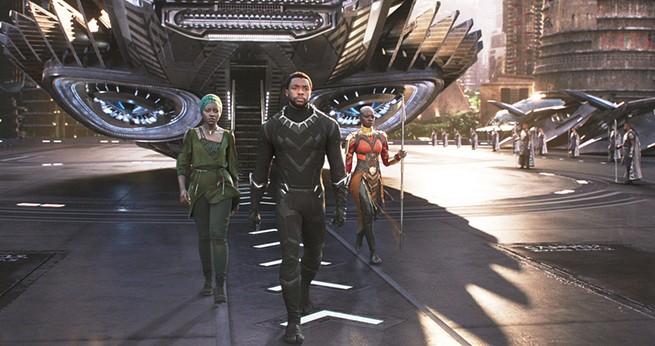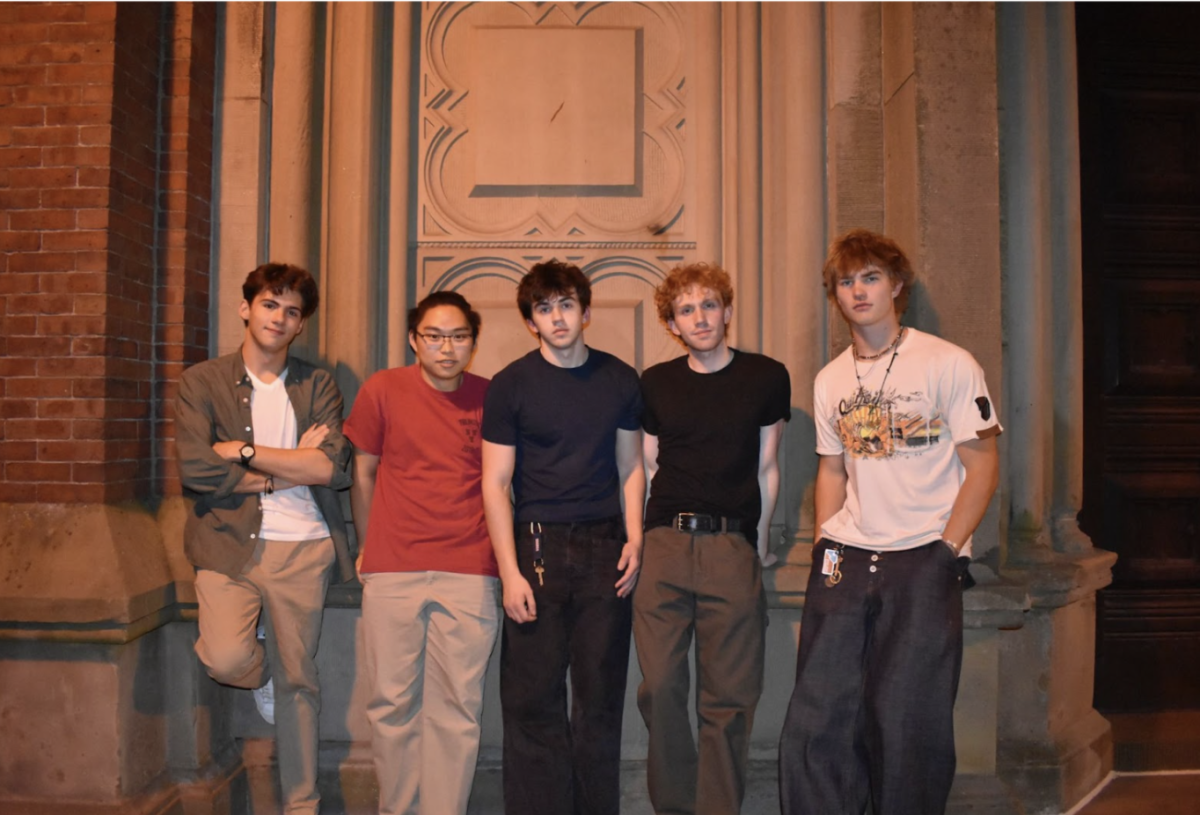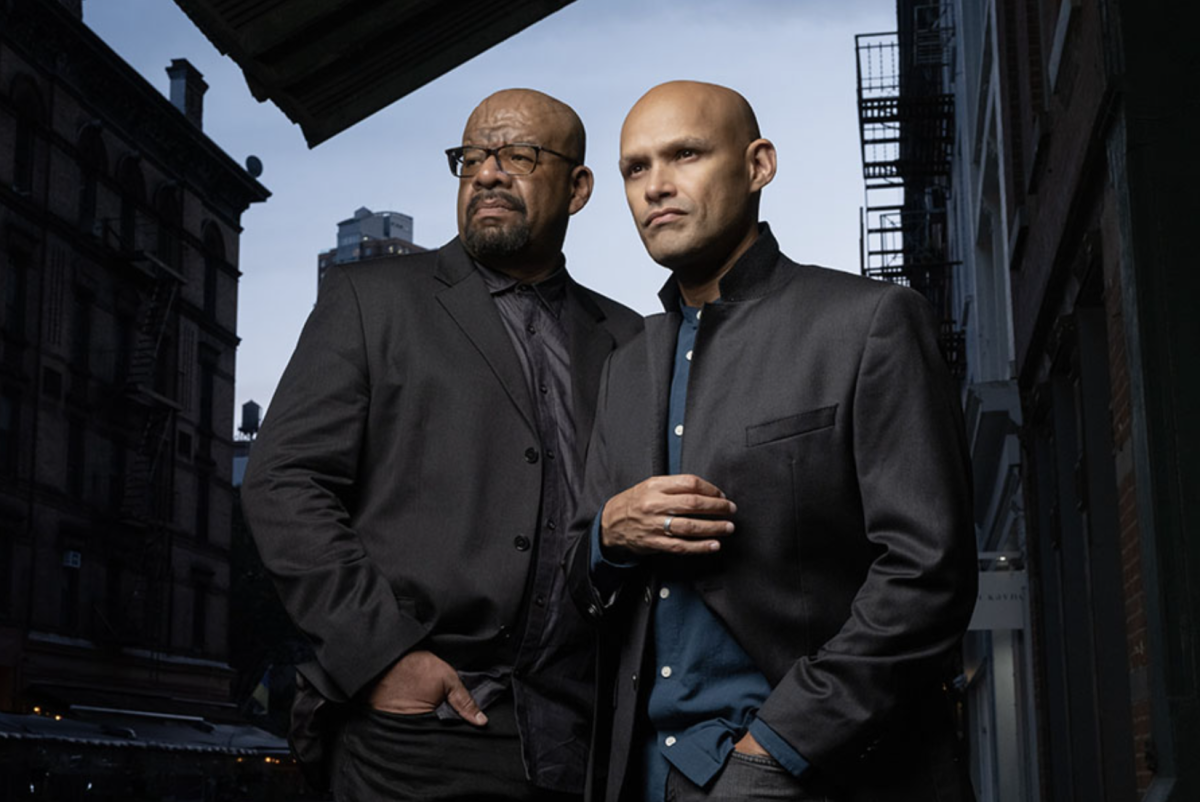“Black Panther” has become the symbol of ‘black excellence’ for which many audiences have long hoped. It dominated the domestic and foreign box offices for weeks after its release and has raked in over $1.3 billion worldwide over the past two months, surpassing “The Avengers” as the highest grossing comic book film adaptation of all time. In addition, “Black Panther” has joined the ranks of the greatest financial successes of Hollywood, even beating James Cameron’s “Titanic” to take the third spot for largest opening ever in the United States. The film is also rare because it features a primarily black cast and crew and has encouraged diversity beyond tokenism within the film industry. It has crushed preconceived notions about the success of minorities in film.
As the film continues to dominate the box offices and the minds of movie-goers, audiences will be pleased to know the record-breaking streak of “Black Panther” is not quite over. The next step for the King of Wakanda is Saudi Arabia, where “Black Panther” will be the first film to be screened to the public since 1983 and marks the formal end of the 35-year ban on publicly released cinema. The ban was put in place as a way to separate unmarried men and women in public spaces during a time of more conservative social norms. The release of “Black Panther” marks a crucial moment in the evolution of Saudi Vision 2030, a project initiated by the Crown Prince Mohammed bin Salman after the release of “Black Panther” as an initiative to modernize and liberalize the country by the year 2030.
According to a report by NPR, the Ministry of Culture and Information in Saudi Arabia recently announced its partnership with the AMC Theatres movie chain and its plan to open 40 new AMC theaters throughout the country within the next five years. AMC is owned by the Chinese conglomerate Dalian Wanda Group, which focuses on multinational ventures in the entertainment industry. As such, it is the source of funding for the improvement of the social climate and entertainment outlets within Saudi Arabia. The first of the new locations is set to open on April 18, with “Black Panther” as the first scheduled screening. Prior to this release, in January 2018 “The Emoji Movie” was screened in a state-sponsored temporary theater as a step toward reviving the movie-going experience in Saudi Arabia, a way to give citizens more social freedom and a method for connecting the country with the evolving cinematic environment around the world. However, the release of “Black Panther” will be more traditional in the sense that citizens will visit an AMC Theatre to view it.
This evolution of the cinematic viewing experience in Saudi Arabia comes after decades of strict viewing laws. In 1983, the ban on publicly released cinema arose as a result of stricter laws banning the co-mingling of men and women in public spaces. Increasing the freedom of cinema within the country and allowing more Western cinema into Saudi Arabian theaters is a visible change in the everyday lives of the Saudi Arabian people. As part of the Saudi Vision 2030 plan, more of the country’s traditional practices will be overturned to allow for increased recreation and tourism. This will allow Saudi Arabia to modernize and capitalize on its wealth through the use of media and cinema.
The Vision project seeks to revive cinema as a way to give citizens the ability to experience entertainment in ways that have been banned for longer than most of the country’s citizens have been alive. The Crown Prince is taking steps to improve the lives of the younger generation in his country, which makes up about 70 percent of the population, and the Vision project is a way to connect the younger generation in Saudi Arabia with young people across the world through shared media. Additionally, the opening of 350 new AMC Theaters by the year 2030 will create many new jobs in the Saudi Arabian entertainment industry.
Although the release of “Black Panther” is a small step in an ongoing battle and there is still much progress to be made, the possibility of seeing T’Challa charge onto the screens of Saudi Arabian AMC Theaters indicates that the film’s effects are not only national but also global.





